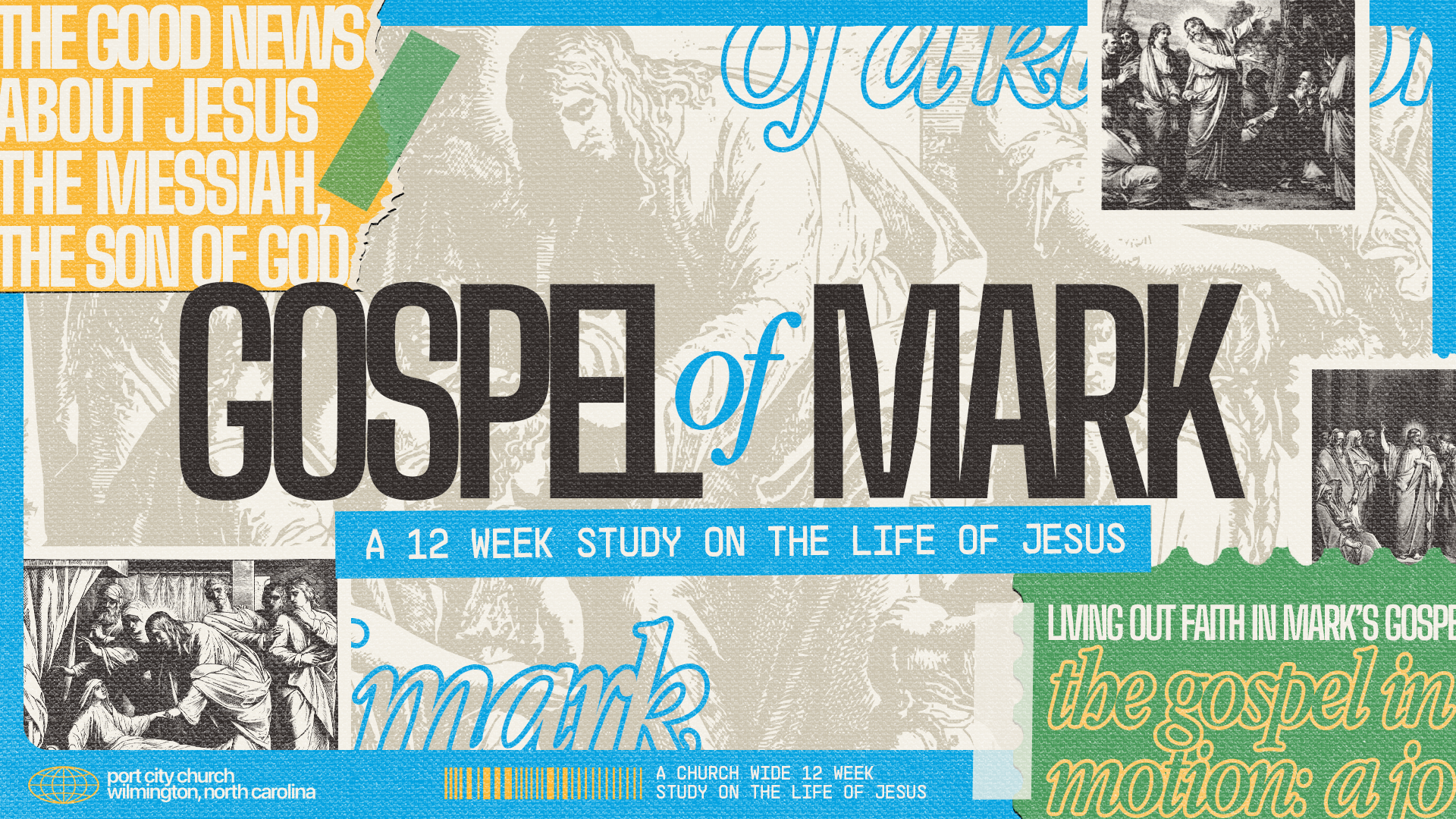New Wineskins
READ
"Why do John's disciples and the disciples of the Pharisees fast, but your disciples do not fast?" It's a loaded question, dripping with judgment and comparison. In today’s passage, the religious leaders have caught Jesus' disciples enjoying life, celebrating freely, while their own followers are maintaining strict religious observances. To their rule-bound minds, this seems like clear evidence that Jesus and His followers aren't taking their faith seriously enough.
Let’s take a moment to read Mark 2:18-22:
Now John’s disciples and the Pharisees were fasting. Some people came and asked Jesus, “How is it that John’s disciples and the disciples of the Pharisees are fasting, but yours are not?”
Jesus answered, “How can the guests of the bridegroom fast while he is with them? They cannot, so long as they have him with them. But the time will come when the bridegroom will be taken from them, and on that day they will fast.
“No one sews a patch of unshrunk cloth on an old garment. Otherwise, the new piece will pull away from the old, making the tear worse. And no one pours new wine into old wineskins. Otherwise, the wine will burst the skins, and both the wine and the wineskins will be ruined. No, they pour new wine into new wineskins.”
REFLECT
Jesus responds with three vivid metaphors that completely reframe the conversation. Instead of defending His disciples' behavior or criticizing the practice of fasting, He uses everyday images – a wedding celebration, a patch of cloth, and wineskins – to reveal something revolutionary about God's Kingdom and His own identity.
First, Jesus identifies Himself as the bridegroom. It's a stunning claim, as throughout the Old Testament, God is portrayed as Israel's husband. Jesus is saying, "God's presence is here, in the flesh, right now. This is a time for celebration, not mourning!" But notice He also adds a sobering note: "The days will come when the bridegroom will be taken away." He's already hinting at His coming death, when fasting will indeed be appropriate.
Then Jesus offers two illustrations about the incompatibility of old and new – an unshrunken cloth patch on an old garment and new wine in old wineskins. Both scenarios end in disaster: the new patch shrinks and tears the old cloth, while fermenting wine bursts rigid old wineskins. The message is clear: Jesus isn't coming to patch up the old religious system but to introduce something entirely new.
This passage challenges our tendency to try fitting Jesus into our existing framework. It's like trying to download the latest software onto an ancient computer – some things just aren't compatible. Jesus isn't interested in being an add-on to our existing routine and way of life; He's introducing a completely new operating system.
What's particularly striking is how Jesus elevates this discussion beyond a simple debate about religious practices. He's addressing a fundamental human tendency – our attempt to domesticate God's work into manageable religious systems. The Pharisees had turned fasting, meant to be a meaningful spiritual discipline, into a badge of religious superiority. Jesus shows how this misses the point entirely.
This passage speaks powerfully to our modern religious experience. We often fall into the same trap, measuring spirituality by outward observances rather than heart transformation. Sometimes we're more concerned with whether someone follows our preferred religious customs than whether they're experiencing the joy of God's presence. We create rigid systems – our own version of old wineskins – then struggle when God's Spirit moves in unexpected ways.
Jesus isn't advocating for spiritual anarchy or suggesting that disciplines like fasting have no place. Rather, He's introducing a radical new way of thinking about spiritual practices. They should flow from relationship rather than regulation, from joy rather than obligation. Just as a bride doesn't need rules to make her want to spend time with her bridegroom, our spiritual disciplines should be natural expressions of our desire for God.
Perhaps most importantly, this passage invites us to examine the authenticity of our own spiritual practices. Are we fasting (or praying, or worshiping) because it's expected, or because it deepens our relationship with God? Are we celebrating God's presence in our lives, or are we so bound by religious routine that we've lost the capacity for spiritual joy?
RESPOND
Take a moment to process what God might be leading you to do in light of what you read.
What "old wineskins" in your spiritual life might be preventing you from fully experiencing the new thing God wants to do? What areas of your faith life are you trying to "patch up" instead of allowing God to make completely new?
REST
Take a moment to rest in God’s presence and consider one thing you can take away from your time reading, then close your devotional experience by praying:
Lord Jesus, thank you for bringing the joy of Your presence into our lives. Help us recognize when to fast and when to feast, when to hold onto traditions and when to embrace the new work You're doing. Make us flexible enough to receive the new wine of Your Spirit, and give us wisdom to know how to celebrate Your presence. Amen.

